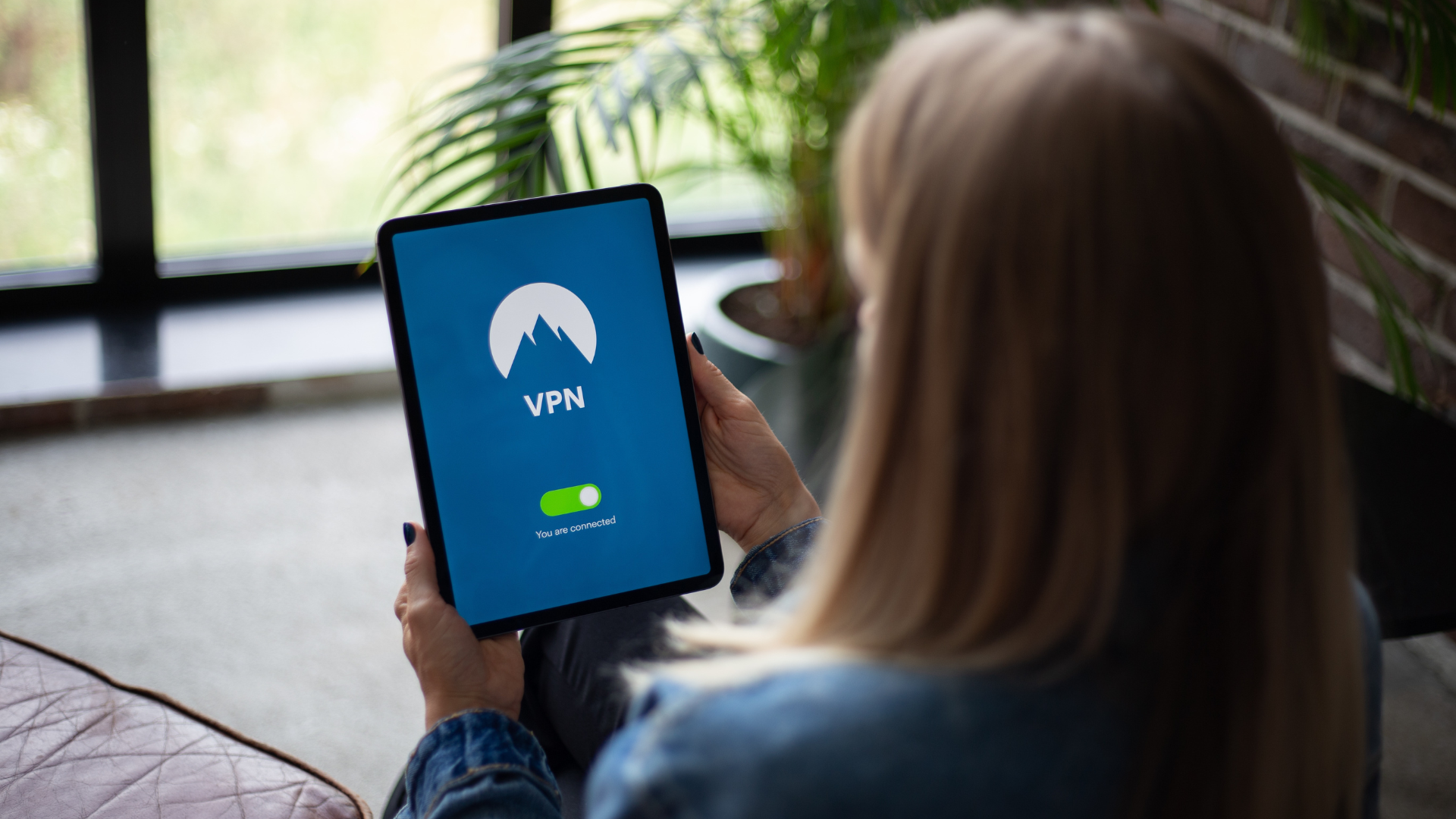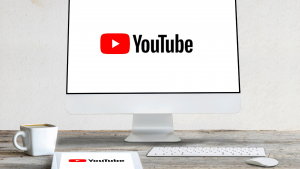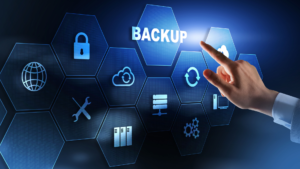When it comes to using the internet, privacy may be the first thing that comes to mind. After all, the internet is not a safe place, and hackers have always been able to get into your computer. But a VPN can help keep you safe from hackers and cybercriminals.
A VPN is a private network that you can use to go online privately. It works by encrypting your data, which means it becomes unreadable to anyone without the right key or password. Virtual private networks (VPNs) are a useful tool for anyone who shares, stores, or transfers sensitive or personal information online. To understand in a simple manner, a VPN is an encrypted connection that establishes a secure tunnel between your computer and a remote server, usually one that a VPN provider operates. The encrypted connection establishes privacy and safeguards your identity while you are online.
Difference between a VPN and Proxy
A Virtual Private Network (VPN) basically provides a secure tunnel between your device and the internet. Whereas, a proxy acts as a gateway or the middleman between your device and the internet. In addition, a VPN will mask your IP address and encrypt all your internet traffic while a proxy only conceals your IP address. Since it can’t encrypt the data, it leaves you vulnerable to malware and other such malicious attacks. Now, a paid proxy generally offers enhanced protection compared to a free proxy. This is possible because a few paid services have a feature wherein they can offer clean IP addresses for you to use which translates into faster speed and the option to adjust the geographical location as per your liking.
How Do You Set Up and Use A VPN?
Your IP address can reveal a lot about you. It can reveal which website you would go to, what browser you use, what language you speak, which country you are in, and a lot of other things. To protect your identity online, it’s a good idea to use a VPN or residential proxy that can mask your IP address. This way, no one can track your activities online. It is especially important if you are conducting sensitive transactions or sharing confidential data.
Each of them has its own advantages and disadvantages, however. While a VPN is typically easier to set up and use, a residential proxy is more secure as it uses a real IP address from a residential network. It is important to consider your own needs when choosing between the two. Accordingly, you can look for the proxy server or best vpn providers near your location to get a paid subscription that can protect your online activities and reduce the chances of data theft.
Here are the following steps on how you can set up and use a VPN:
- Choose the one that provides quality. This means it encrypts your data packets, which can make it harder for hackers and identity thieves to snoop on your online activity. VPNs also help unblock geo-restrictions, which means you can access content from anywhere, including streaming services.
- You need to sign up with the said service. When selecting a VPN service, it is ideal to sign up for one that uses its own servers as this gives them greater control and decreases the possibility of errors. If the only option available, however, is to use a service that uses free proxies, remember that it is still a better choice than having no protection at all.
- Install the VPN software, configure it, and log in. Doing so will mask your true IP address by connecting to a remote server over the public internet. By connecting through that server, you can get an IP address of that server’s address, and all of your online traffic, including your web browsing, will be sent through that. As a result, all of your online activity is secured, your IP address is hidden, and your data is safely encrypted and transmitted over the public internet.
- Check your IP address from a 3rd party software to check if your VPN is working fine. If you are serious about your data privacy and security, you will want to consider a VPN. That way, you can connect to a server in a different country and access restricted websites. Your IP address is used to identify your device, so using a VPN can fool websites into thinking you are in a different location. As an online retailer, you may want to make your shopping cart safe, and a VPN can help in protecting customer information.
- Use the internet as you would normally. By using the VPN, you can enjoy using the internet as you would normally do.
To sum up, virtual private networks (VPNs) are private connections over a less secure network such as the internet. They are used to protect a user’s online data by encrypting and tunneling it through a more secure network, often the user’s home or office. VPNs have become one of the most popular online security tools in recent years. That said, their ultimate goal is to provide a level of privacy that, while useful, can be difficult to achieve with other online security tools.




